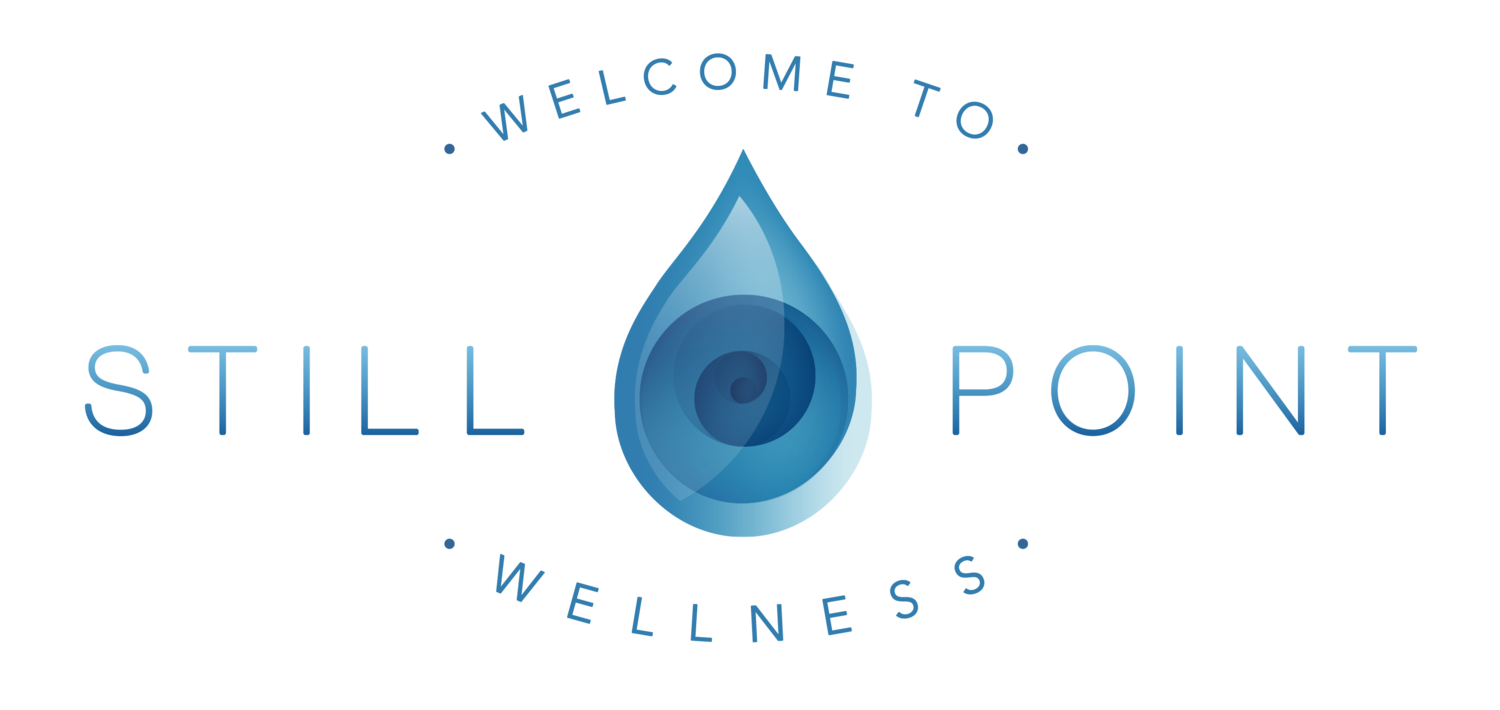Addiction recovery is a complex journey that requires a multifaceted approach. Traditional approaches, while effective for some, need to be complemented by innovative techniques that address the mind, body, and spirit. One such tool gaining recognition in the field of addiction recovery is the use of float tanks, also known as sensory deprivation tanks, and Restricted Environmental Stimulation Therapy (REST).
Float tanks offer a unique environment where individuals are immersed in a state of sensory deprivation, floating effortlessly in warm water saturated with Epsom salts. This environment facilitates profound relaxation, pain relief, and a shift in consciousness that is more introspective, less defensive, and more receptive to change.
According to Corey Costanzo, a Licensed Addictions Counselor and Co-owner of Still Point Wellness, "Float tanks create a space where individuals can disconnect from the external world and deeply connect with their inner selves. This introspective state is crucial in addiction recovery, as it allows for a disruption of habitual patterns and fosters an environment conducive to lasting change."
Research supports the effectiveness of REST in treating various addictive behaviors. In the study The Use of Restricted Environmental Stimulation Therapy in Treating Addictive Behaviors by R.A. Borrie, REST is described as a versatile and cost-effective treatment modality. The study highlights several key benefits of REST for addiction recovery:
Induction of a General Relaxation Response: Floating promotes deep relaxation, reducing stress and anxiety, which are often underlying factors in addictive behaviors.
Nonchemical Relief: For individuals struggling with substance use, float tanks provide a nonchemical means of achieving serenity, offering an alternative way to experience peace and relief.
Internal Refocusing: The sensory deprivation in a float tank allows individuals to concentrate on personal problems, fostering introspection and self-awareness—essential components in the recovery process.
Disruption of Habits: By removing external trigger cues and the possibility of immediate responses, float tanks help disrupt habitual behaviors associated with addiction.
Increased Feelings of Control: The float experience can enhance an individual’s sense of control over their behaviors, empowering them to make conscious choices toward recovery.
Enhanced Learning Processes: The introspective state induced by floating enhances the ability to learn and internalize new coping strategies and positive behaviors.
At Still Point Wellness, we believe that the integration of float tanks into a comprehensive addiction recovery plan can offer individuals a powerful tool to support their journey toward healing and transformation. As Corey puts it, "In the stillness of the float tank, individuals find a space to realign with their true selves, rediscover their inner strength, and reclaim control over their lives."
Reference:
Borrie, R. A. (1990). The use of restricted environmental stimulation therapy in treating addictive behaviors. Journal of Substance Abuse Treatment, 7(4), 219-224. DOI: 10.3109/10826089109071031

